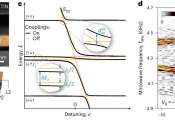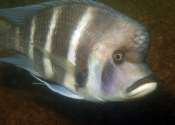The University of Basel (German: Universität Basel) is located in Basel, Switzerland, and is considered to be one of leading universities in the country. In 2011, QS World University Rankings ranked the university 151st overall in the world, while a year before it was ranked 96–98th worldwide according to the Russian based Global University Ranking.
Founded in 1460, it is Switzerland's oldest university.
Erasmus, Paracelsus, Daniel Bernoulli, Jacob Burckhardt, Leonhard Euler, Friedrich Nietzsche, Eugen Huber, Carl Jung, Karl Barth, and Hans Urs von Balthasar are among those associated with the university, which is nowadays noted for research into tropical medicine.
The University of Basel was founded in connection with the Council of Basel. The deed of foundation given in the form of a Papal bull by Pope Pius II on November 12, 1459, and the official opening ceremony was held on April 4, 1460. Originally the University of Basel was decreed to have four faculties, namely those of arts, medicine, theology and jurisprudence.
- Address
- Petersplatz 1, Basel, Basel-City, Switzerland
- Website
- http://www.unibas.ch/
- Wikipedia
- http://en.wikipedia.org/wiki/University_of_Basel
Some content from Wikipedia,
licensed under CC BY-SA
Subscribe to rss feed









